Sr Stanislaus Kennedy is well-known for her work as a social campaigner, particularly in the areas of poverty and homelessness.
Having founded homelessness charity Focus Ireland, there is no doubt that Sr Stan (as she is affectionately known) dedicated her life to helping others.
The interesting thing is, speaking with Sr Stan, she says that in helping others we also help ourselves.
“There’s no doubt, but my life has been enriched by people, especially people who were poor or were homeless.
“In giving we receive, I don’t have any doubt in the world about that. We receive much more than we give.”
I was interested in working with the poor
Sr Stan grew up on a farm in Lispole, a village just east of Dingle in Co Kerry. Although much of her life’s work has been centred on cities, from a young age Sr Stan could see the divisions in society and wanted to change the lives of those less fortunate.
“I was interested in working with the poor,” Sr Stan explains. “I became aware of the divisions in society, even in Dingle.
“That there was a difference between people who had something – whether it was a farm, a shop or whatever – and those who didn’t. There was a difference between those who could afford to go to second level and those who couldn’t.”
Although her older sisters had gone on to become teachers and nurses before her, this interest in working with those less fortunate ultimately led to Sr Stan joining the Religious Sisters of Charity.
Throughout this interview Sr Stan very humbly credits others when any praise is directed her way. She says none of what she achieved would have been possible without those who mentored her and worked with her.
Her first post after joining the Sisters of Charity was in Kilkenny. Here she worked with Bishop Peter Birch, who had a huge influence on what she would go on to do.
“He was really liberal and open to all kinds of things. He really particularly trusted lay people and he wanted lay people involved in the church at every level. He wanted the people on the margins to be brought into the centre.
“We started a whole lot of new things; for example, the first meals on wheels was started in Kilkenny.
“There were no services for people with special needs, for families or for younger children, we started all those things. I was very fortunate as a young nun that I was able to be a part of this great awakening in the social services.”
Homelessness
Bishop Birch died in 1981 and in 1983 Sr Stan was transferred to Dublin, bringing all her experience from Kilkenny with her.
“I had brought with me what I had learned in Kilkenny, so that helped me with the foundation of Focus Ireland, Focus Point then. It really stood to me. I owe a lot to people who mentored me, I wouldn’t have been able to do it on my own.”
In Dublin Sr Stan continued her work, particularly with children affected by poverty. Having already completed a degree in social science and social work, she was then offered a research fellowship from a university. She decided to look at an area that was relatively unexplored at the time.
I said there must be women in homelessness
“I wanted to do research on homelessness and women. People said to me, ‘There’s no women homeless. There are down and out middle aged guys who drink a lot.’ But I was convinced there were homeless women, because when I was an undergraduate, I knew some young people would come to Dublin to find work, but couldn’t, and a number of them ended up in prostitution. So I said there must be women in homelessness.”
As a senior research fellow she was given research assistants. They did a major study in the area of women and homelessness. They found that women were homeless, but just not visible on the streets. They were the hidden homeless of the time.
The research opened my eyes
“It was a total eye opener, because we discovered that there were over 500 women who were in different stages of homelessness in Dublin. There were very little facilities for them. You can’t imagine what it was like then.
“The research opened my eyes and I spent the following year with eight young women who I met that were homeless, because I really wanted to better understand their lives and that was a whole awakening for me.
“They told me what it was like not to have a place to stay, not to have a place to wash, not to have a place to leave your clothes, not to have a place where you could turn the key in the door and walk out. The awfulness of that.
“But what was worse, they said, was the way people treated them. Their dignity and self-respect were eroded on a daily basis by the way people treated them.”
After working with these young women, Sr Stan went on to found Focus Point, now Focus Ireland.
Initially Focus Point was exactly that, a focus point for homeless men, women and children, where they could get information and advice. There was also a coffee shop there then.
“Once people saw there was possibility their life could be different, they came and they drew on the service.”
From there, Focus Ireland has grown to the charity we know today. Reflecting on the present homelessness situation, Sr Stan is shocked.
“What we didn’t have then but we have now, are families who are homeless. I would never have dreamt that the situation would have gotten as bad as it is today.
“At Focus Ireland we won’t solve it, we can do a lot of relieve it, but it’s a Government issue.
“They have announced their strategy, Housing for All, and it seems very good, but we’ll see what happens.
“Homelessness is all around the country now. It’s shocking and I’ve been involved in homelessness for 30 years, but I find it shocking every day.”
Finding peace
Another area Sr Stan worked in over the years is that of meditation and mindfulness, particularly looking at how this can help people.
While meditation has always been a part of her life through prayer and meditating on scripture, in the past 25 years she has explored it more as a practice.

In 1998 she opened The Sanctuary in Dublin, a reflective space for people in the midst of our busy world. Along the same line of thinking, in the past few months Sr Stan released a new book,
Finding Peace. Compiled by Sr Stan, it’s a collection of contributions from well-known people as to how they find peace.
From President Michael D Higgins to Taoiseach Micheál Martin, Tommy Tiernan, Miriam O’Callaghan, Pope Francis and Luka Bloom, its contributors are diverse. The idea for this came about as Sr Stan herself was trying to find peace.
“Due to my age, I was really on lockdown in the first part of the pandemic.
“The year prior to that I had been ill for a lot of the year, I had been diagnosed with cancer, so that year I had to rely on my own resources a lot; similarly also then when it came to 2020 with the pandemic.
“I was on my own much more than I would have been. I drew on books and what famous people wrote about peace. I was asking myself, how do other people find peace?”
All of the proceeds from Finding Peace will go to The Sanctuary, particularly the development of programmes for those who care for the most vulnerable in society.
On the topic of peace, Sr Stan herself feels you can find peace both internally and externally.
“You can find it both ways, but really, unless you discover the peace within, I think it’s hard to find peace in life.
“We are all confronted with ups and downs in our daily life and I think unless we’re able to dip into the deep pool within us, life can become really hard and not have meaning.
“I think that a lot of things can give us peace as well. For example, nature. A lot of people who wrote in the book talked about nature.
“It dips into the peace within us. It connects with a deep beauty we all have within us. It can lie dormant unless we do things that evoke it.”
A woman who has accomplished much in her life as a social campaigner, Sr Stan certainly helped bring a better quality of life and also peace to others, as well as finding peace in this work herself along the way.
Read more
Maureen Forrest: There’s always hope
Hidden homelessness
Sr Stanislaus Kennedy is well-known for her work as a social campaigner, particularly in the areas of poverty and homelessness.
Having founded homelessness charity Focus Ireland, there is no doubt that Sr Stan (as she is affectionately known) dedicated her life to helping others.
The interesting thing is, speaking with Sr Stan, she says that in helping others we also help ourselves.
“There’s no doubt, but my life has been enriched by people, especially people who were poor or were homeless.
“In giving we receive, I don’t have any doubt in the world about that. We receive much more than we give.”
I was interested in working with the poor
Sr Stan grew up on a farm in Lispole, a village just east of Dingle in Co Kerry. Although much of her life’s work has been centred on cities, from a young age Sr Stan could see the divisions in society and wanted to change the lives of those less fortunate.
“I was interested in working with the poor,” Sr Stan explains. “I became aware of the divisions in society, even in Dingle.
“That there was a difference between people who had something – whether it was a farm, a shop or whatever – and those who didn’t. There was a difference between those who could afford to go to second level and those who couldn’t.”
Although her older sisters had gone on to become teachers and nurses before her, this interest in working with those less fortunate ultimately led to Sr Stan joining the Religious Sisters of Charity.
Throughout this interview Sr Stan very humbly credits others when any praise is directed her way. She says none of what she achieved would have been possible without those who mentored her and worked with her.
Her first post after joining the Sisters of Charity was in Kilkenny. Here she worked with Bishop Peter Birch, who had a huge influence on what she would go on to do.
“He was really liberal and open to all kinds of things. He really particularly trusted lay people and he wanted lay people involved in the church at every level. He wanted the people on the margins to be brought into the centre.
“We started a whole lot of new things; for example, the first meals on wheels was started in Kilkenny.
“There were no services for people with special needs, for families or for younger children, we started all those things. I was very fortunate as a young nun that I was able to be a part of this great awakening in the social services.”
Homelessness
Bishop Birch died in 1981 and in 1983 Sr Stan was transferred to Dublin, bringing all her experience from Kilkenny with her.
“I had brought with me what I had learned in Kilkenny, so that helped me with the foundation of Focus Ireland, Focus Point then. It really stood to me. I owe a lot to people who mentored me, I wouldn’t have been able to do it on my own.”
In Dublin Sr Stan continued her work, particularly with children affected by poverty. Having already completed a degree in social science and social work, she was then offered a research fellowship from a university. She decided to look at an area that was relatively unexplored at the time.
I said there must be women in homelessness
“I wanted to do research on homelessness and women. People said to me, ‘There’s no women homeless. There are down and out middle aged guys who drink a lot.’ But I was convinced there were homeless women, because when I was an undergraduate, I knew some young people would come to Dublin to find work, but couldn’t, and a number of them ended up in prostitution. So I said there must be women in homelessness.”
As a senior research fellow she was given research assistants. They did a major study in the area of women and homelessness. They found that women were homeless, but just not visible on the streets. They were the hidden homeless of the time.
The research opened my eyes
“It was a total eye opener, because we discovered that there were over 500 women who were in different stages of homelessness in Dublin. There were very little facilities for them. You can’t imagine what it was like then.
“The research opened my eyes and I spent the following year with eight young women who I met that were homeless, because I really wanted to better understand their lives and that was a whole awakening for me.
“They told me what it was like not to have a place to stay, not to have a place to wash, not to have a place to leave your clothes, not to have a place where you could turn the key in the door and walk out. The awfulness of that.
“But what was worse, they said, was the way people treated them. Their dignity and self-respect were eroded on a daily basis by the way people treated them.”
After working with these young women, Sr Stan went on to found Focus Point, now Focus Ireland.
Initially Focus Point was exactly that, a focus point for homeless men, women and children, where they could get information and advice. There was also a coffee shop there then.
“Once people saw there was possibility their life could be different, they came and they drew on the service.”
From there, Focus Ireland has grown to the charity we know today. Reflecting on the present homelessness situation, Sr Stan is shocked.
“What we didn’t have then but we have now, are families who are homeless. I would never have dreamt that the situation would have gotten as bad as it is today.
“At Focus Ireland we won’t solve it, we can do a lot of relieve it, but it’s a Government issue.
“They have announced their strategy, Housing for All, and it seems very good, but we’ll see what happens.
“Homelessness is all around the country now. It’s shocking and I’ve been involved in homelessness for 30 years, but I find it shocking every day.”
Finding peace
Another area Sr Stan worked in over the years is that of meditation and mindfulness, particularly looking at how this can help people.
While meditation has always been a part of her life through prayer and meditating on scripture, in the past 25 years she has explored it more as a practice.

In 1998 she opened The Sanctuary in Dublin, a reflective space for people in the midst of our busy world. Along the same line of thinking, in the past few months Sr Stan released a new book,
Finding Peace. Compiled by Sr Stan, it’s a collection of contributions from well-known people as to how they find peace.
From President Michael D Higgins to Taoiseach Micheál Martin, Tommy Tiernan, Miriam O’Callaghan, Pope Francis and Luka Bloom, its contributors are diverse. The idea for this came about as Sr Stan herself was trying to find peace.
“Due to my age, I was really on lockdown in the first part of the pandemic.
“The year prior to that I had been ill for a lot of the year, I had been diagnosed with cancer, so that year I had to rely on my own resources a lot; similarly also then when it came to 2020 with the pandemic.
“I was on my own much more than I would have been. I drew on books and what famous people wrote about peace. I was asking myself, how do other people find peace?”
All of the proceeds from Finding Peace will go to The Sanctuary, particularly the development of programmes for those who care for the most vulnerable in society.
On the topic of peace, Sr Stan herself feels you can find peace both internally and externally.
“You can find it both ways, but really, unless you discover the peace within, I think it’s hard to find peace in life.
“We are all confronted with ups and downs in our daily life and I think unless we’re able to dip into the deep pool within us, life can become really hard and not have meaning.
“I think that a lot of things can give us peace as well. For example, nature. A lot of people who wrote in the book talked about nature.
“It dips into the peace within us. It connects with a deep beauty we all have within us. It can lie dormant unless we do things that evoke it.”
A woman who has accomplished much in her life as a social campaigner, Sr Stan certainly helped bring a better quality of life and also peace to others, as well as finding peace in this work herself along the way.
Read more
Maureen Forrest: There’s always hope
Hidden homelessness





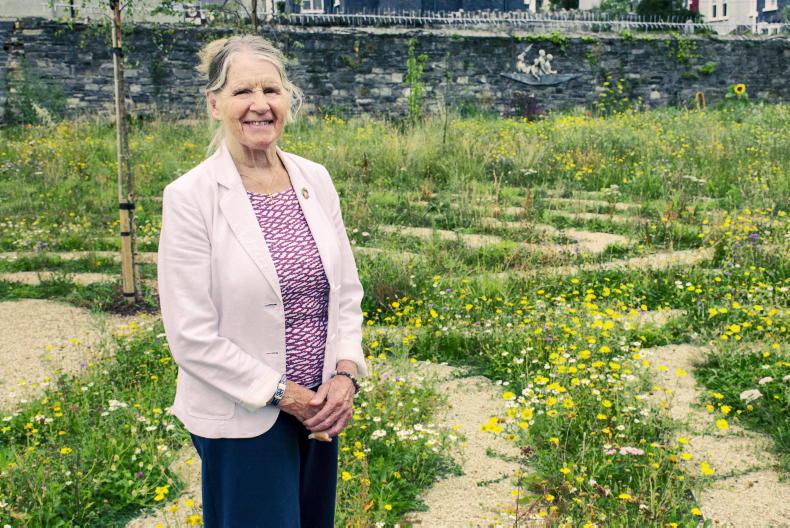
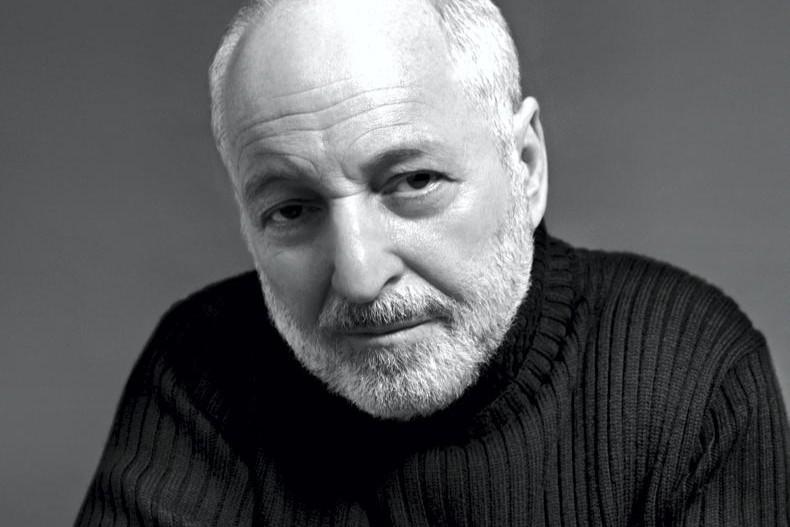
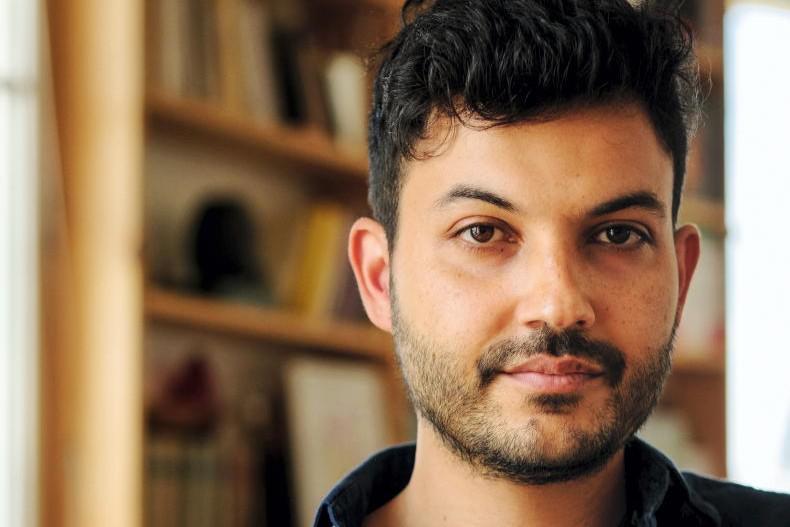
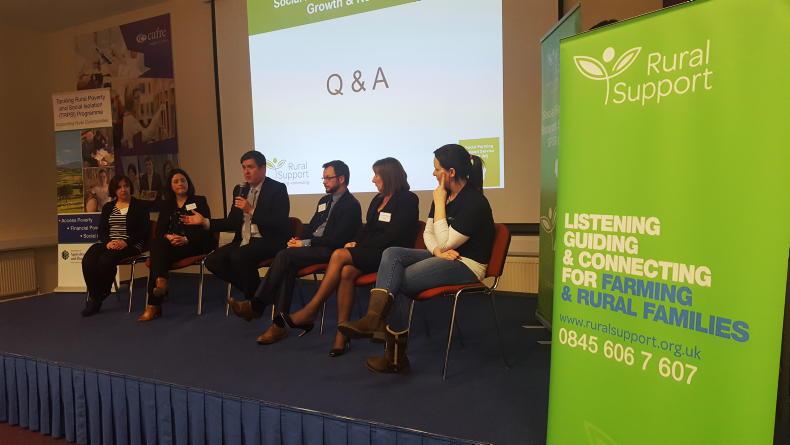
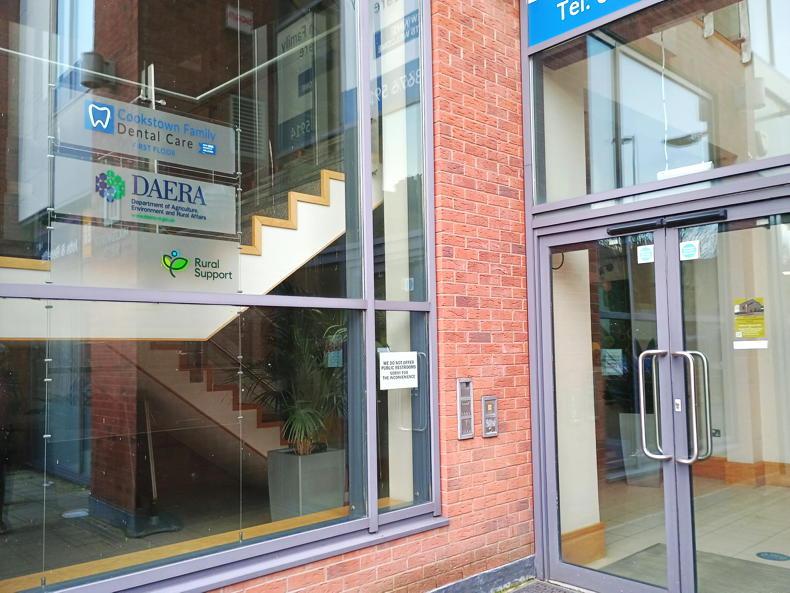
SHARING OPTIONS